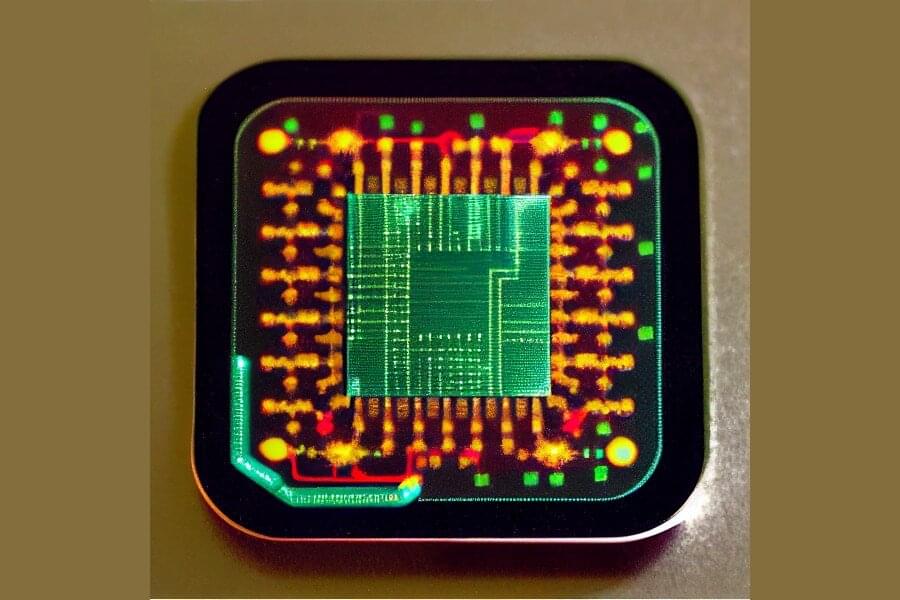😗
From early detection and internal treatment of diseases to futuristic applications like augmenting human memory, biological computing, or biocomputing, has the potential to revolutionize medicine and computers.
Traditional computer hardware is limited in its ability to interface with living organs, which has constrained the development of medical devices. Computerized implants require a constant supply of electricity, they can cause scarring in soft tissue that makes them unusable and they cannot heal themselves the way organisms can. Through the use of biological molecules such as DNA or proteins, biocomputing has the potential to overcome these limitations.
Biocomputing is typically done either with live cells or with non-living, enzyme-free molecules. Live cells can feed themselves and can heal, but it can be difficult to redirect cells from their ordinary functions toward computation. Non-living molecules solve some of the problems of live cells, but have weak output signals and are difficult to fine-tune and regulate.
